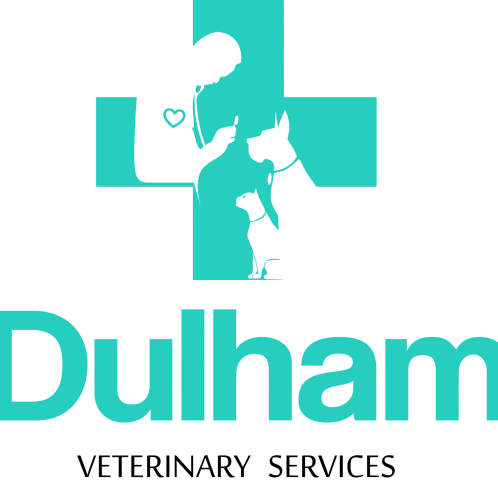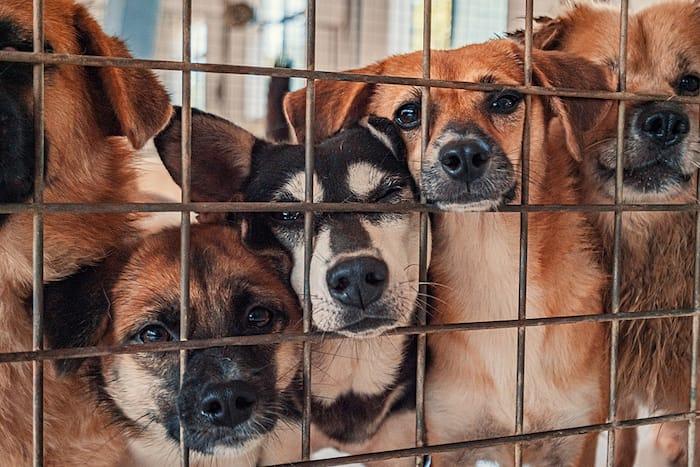Ethical Dog Breeding in Nigeria; Dog ownership in Nigeria is deeply woven into everyday life. Dogs serve as loyal companions, security guards, hunting partners, and, in some ethnic groups, even as a source of food. Despite their prevalence, Nigeria’s animal welfare laws remain underdeveloped. This lack of regulation has led to problems such as cruelty, irresponsible pet ownership, and the unchecked spread of diseases.
In recent years, however, there has been growing awareness about animal welfare, particularly for companion animals like dogs.
The Burgeoning Dog Industry: Profit and Popularity
Nigeria’s dog industry is booming. Commercial dog breeding has become highly lucrative, fueled by demand for security dogs, pets, and exotic breeds, alongside the rise of the middle class and general insecurity.
A single well-bred puppy can sell for between ₦100,000 and ₦700,000. Healthy female dogs can produce 6–10 puppies per litter, meaning breeders can earn millions of naira annually. The industry is also expanding beyond breeding into boarding kennels, dog food production, grooming, and training services.
Key factors for successful dog farming include:
- Choosing the right breeds
- Maintaining proper health care
- Effective marketing
- Access to reliable veterinary services
Most profitable breeds in Nigeria:
- German Shepherd: Security and intelligence (₦150,000–₦400,000)
- Rottweiler: Strength and loyalty (₦200,000–₦1,000,000+)
- Boerboel: Favored by estate owners (₦180,000–₦450,000)
- Caucasian Shepherd: Large and protective (₦300,000–₦700,000)
- American Bully: Popular among youths and celebrities (₦250,000–₦600,000)
- French Bulldog: Urban-friendly, low maintenance (₦350,000–₦600,000)
Other profitable breeds include Lhasa Apso, Labrador Retriever, Chow Chow, Maltese, Mastiffs, Pit Bull, Doberman, Samoyed, and Siberian Husky.
RECOMMENDED:
The Nigerian local breed, often derogatorily called Ekuke, is the cheapest to buy (around ₦10,500 or $20). Yet, these dogs are intelligent, resilient to diseases, skilled hunters, and excellent for compound security. Interestingly, some foreigners prefer them for their unique features.
Existing Laws and the Push for Reform
Nigeria’s animal welfare laws are outdated and incomplete. The Animal Diseases (Control) Act of 1969, amended in 2022, focuses mostly on trade animals like cattle, sheep, and goats, leaving dogs largely unprotected.
The Criminal Code, Section 450, penalizes injuring animals but imposes lighter penalties for dogs than for listed livestock. While some states like Lagos and Enugu have dog laws, these focus mainly on rabies control and carry minimal penalties.
One notorious example of weak enforcement occurred in Kano State, where a magistrate ordered a noisy cockerel to be slaughtered rather than issuing a penalty.
The urgency for reform became clear in March 2023, when an American Bully was shot in a housing estate due to a rule stating stray dogs should be “destroyed.” The case caused public outrage and highlighted the lack of clear animal welfare laws.
The Nigerian Police Force even controversially classified dogs as “offensive weapons” under the Electoral Act 2022, adding to the confusion.
Roxie’s Law: A Step Towards Change
To address these issues, the proposed Dogs (Welfare) Act, nicknamed Roxie’s Law, aims to:
-
Establish a Dog Welfare Commission to regulate ownership and care
-
Mandate registration of all dogs with unique IDs and owner details
-
Require vaccinations and regular updates
-
Set standards for housing, fencing, and security
-
Enforce public safety rules: collars with owner info, muzzles, and leashes in public
-
Impose penalties of up to ₦1,000,000 or one year in prison for violations
Ethical Concerns in Dog Breeding
Globally, “fashion breeding” prioritizes looks over health, creating significant welfare issues.
Major problems include:
-
Inherited Disorders: Flat-faced breeds like French Bulldogs suffer from breathing problems (BOAS), eye injuries, and spinal issues. Dachshunds are prone to back problems, while wrinkled breeds like Shar Peis often have skin infections.
-
Loss of Genetic Diversity: Inbreeding and the overuse of popular sires reduce biodiversity, increasing health risks.
-
Behavioral Issues: Poor socialization and confinement in “puppy mills” can cause anxiety, fear, and aggression.
-
Irresponsible Breeding & Illegal Trade: High puppy demand encourages overproduction, online scams, and trafficking with forged documents—problems made worse by low penalties.
International Recognition and Responsible Breeding
A major breakthrough came on February 27, 2025, when the Canine Owners & Breeders Association (COBA) gained recognition as a contract partner of the Fédération Cynologique Internationale (FCI), making it Nigeria’s official National Kennel Club.
Benefits of this affiliation:
-
Global recognition for Nigerian breeders
-
Access to international breed standards
-
Eligibility for FCI competitions
-
Educational resources on canine health and welfare
-
Services like pedigree registration, microchip & DNA testing, and health screening for hip/elbow dysplasia
These initiatives mirror practices by global kennel clubs, emphasizing health screening, limiting inbreeding, and discouraging exaggerated physical traits.
The Future of Ethical Dog Breeding in Nigeria
Nigeria’s dog industry is thriving, but its growth is shadowed by weak legislation, unethical breeding, and a history of neglecting animal welfare. The introduction of Roxie’s Law and Nigeria’s international recognition through COBA offer hope for a more regulated, ethical, and sustainable industry.
For progress to be lasting, breeders, lawmakers, and dog owners must place the health and well-being of dogs above profit and appearance, ensuring a better future for Nigeria’s canine population.
Support responsible breeding in Nigeria, choose breeders who prioritise health, welfare, and ethics over profit. Together, we can build a better future for our dogs.
Phone Us
0806 632 9826
Visit Us
No 23 Crown Court Estate 2, Orunbe close , Oniru. Victoria Island, Lagos.
No. 3 Isiokpo Street, Phalga, Port Harcourt
Mail Us
help@dulhamvetclinic.com
Join our Whatsapp Community – learn from other pet parents, and be the first to know about exclusive offers. Click to join the group
Frequently Asked Questions on Ethical Dog Breeding in Nigeria
1. What is ethical dog breeding?
Ethical dog breeding focuses on producing healthy, well-socialized puppies while prioritising the welfare of the dogs over profit. It includes genetic testing, proper care, and responsible placement of puppies.
2. Why is dog breeding ethics important in Nigeria?
Ethics help prevent health issues, overbreeding, and cruelty. In Nigeria, it also supports international recognition, improves breed standards, and protects animal welfare.
3. What role does genetics play in ethical dog breeding?
Genetics help breeders avoid hereditary diseases, maintain breed integrity, and improve the health and temperament of future generations.
4. What is Roxie’s Law, and how does it affect breeders in Nigeria?
Roxie’s Law is an animal welfare regulation aimed at improving breeding standards, preventing abuse, and ensuring ethical practices in Nigeria’s dog industry.
5. How can dog buyers in Nigeria identify responsible breeders?
Buyers should look for breeders who conduct genetic testing, provide health records, allow visits to see living conditions, and follow welfare guidelines.

